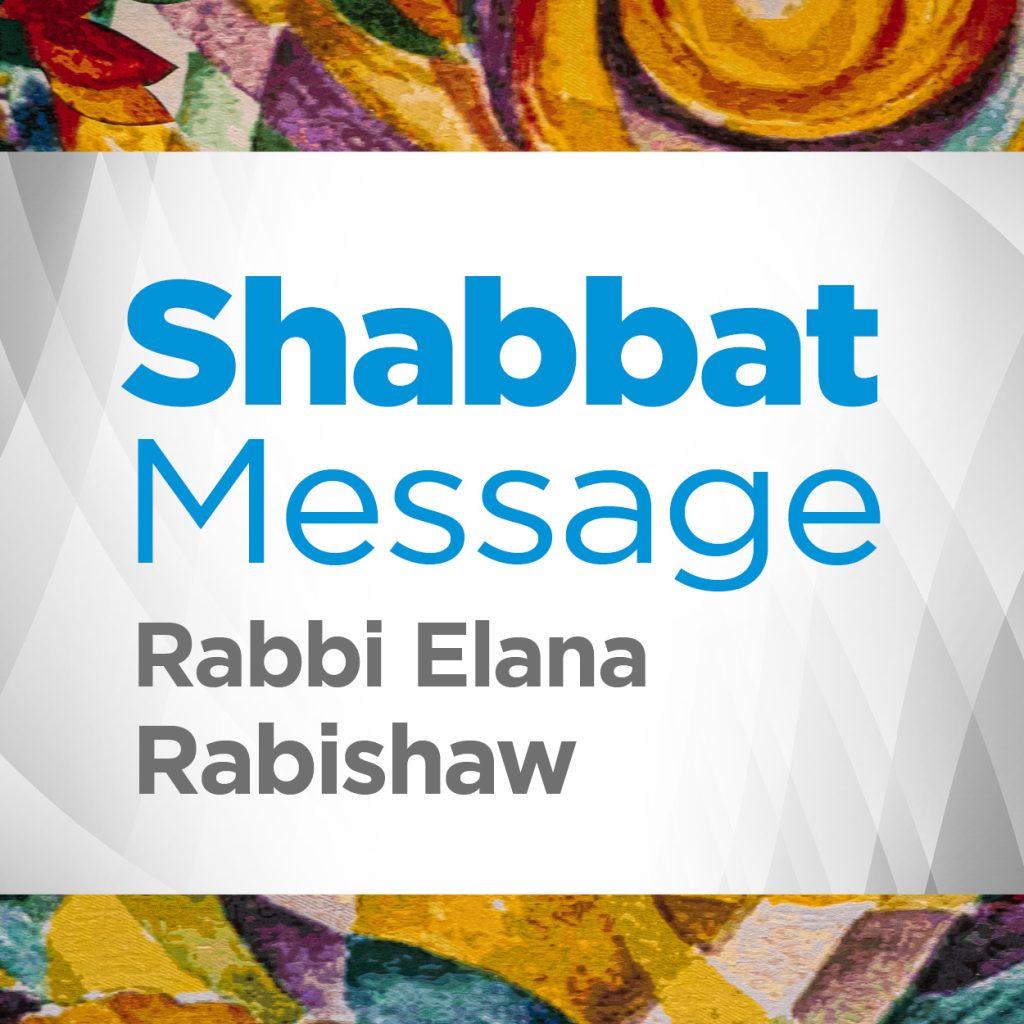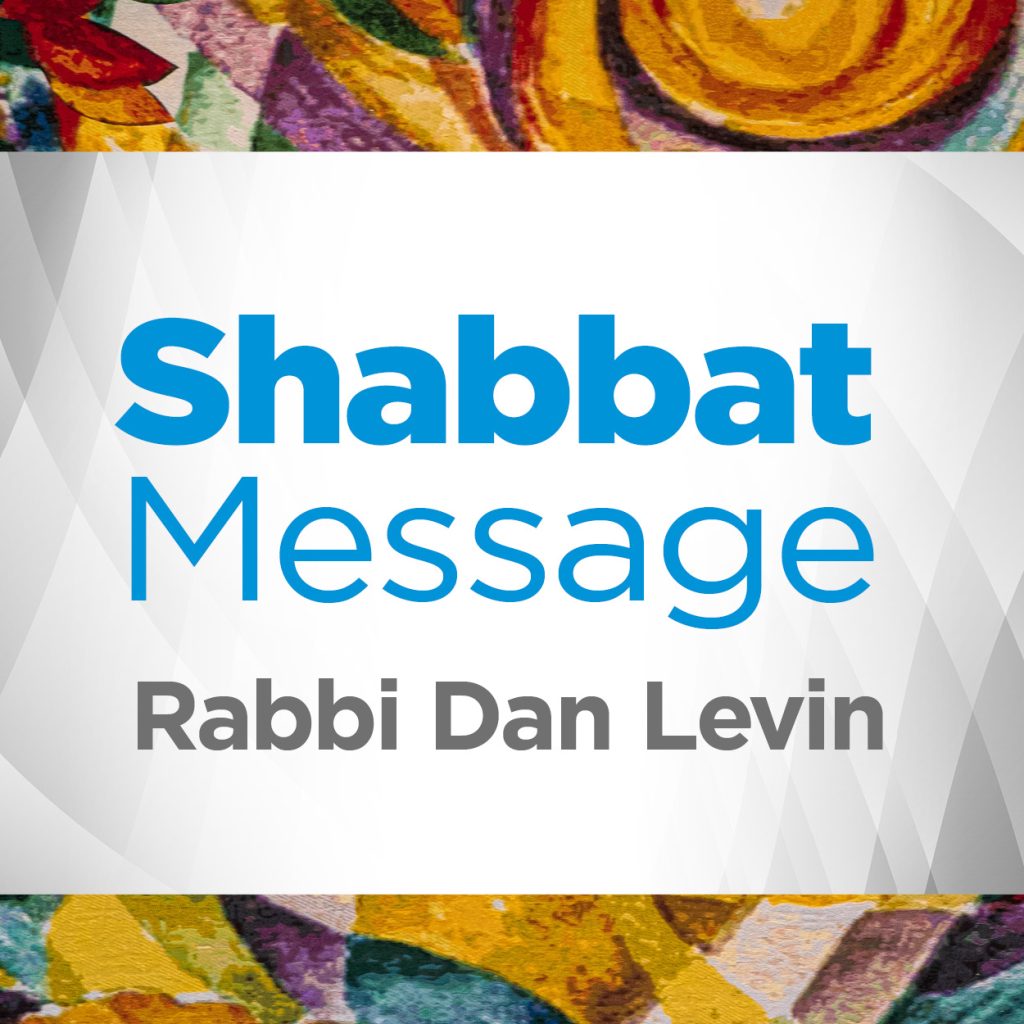In 2004, the National Institutes of Health (NIH) introduced a term that they observed on social media sites: FoMO. The NIH describes FoMO, or fear of missing out, as including two processes; “firstly, perception of missing out, followed up with a compulsive behavior to maintain these social connections.” While the term is relatively new, and was created in response to new and increased forms of communication and interaction, FoMO speaks to part of the human condition.
Everyone craves a sense of belonging. Social media has made it easier to know what others are doing, or what you might be missing out on, and then to compensate, or often overcompensate, in response to these natural feelings and yearning to maintain connections and feelings of belonging.
This week’s Torah portion, Behaalotecha, takes place in the second year of the Israelites’ freedom. God provides commandments that dictate how and when the Israelites must offer the Passover sacrifice.
וְיַעֲשׂ֧וּ בְנֵי־יִשְׂרָאֵ֛ל אֶת־הַפָּ֖סַח בְּמוֹעֲדֽוֹ׃בְּאַרְבָּעָ֣ה עָשָֽׂר־י֠וֹם בַּחֹ֨דֶשׁ הַזֶּ֜ה בֵּ֧ין הָֽעַרְבַּ֛יִם תַּעֲשׂ֥וּ אֹת֖וֹ בְּמֹעֲד֑וֹ כְּכׇל־חֻקֹּתָ֥יו וּכְכׇל־מִשְׁפָּטָ֖יו תַּעֲשׂ֥וּ אֹתֽוֹ׃
And the Children of Israel shall offer the Passover sacrifice at its appointed time. On the fourteenth day of this month, at twilight, at its set time, you shall make this offering in accordance to all of its rules and laws. (Numbers 9:2-3)
However, like in any set time, there were people who were unable to participate. Feeling left out, these Israelites then went to their leader, Moses, and asked how they could participate in the ritual. God then provided Moses with a solution.
דַּבֵּ֛ר אֶל־בְּנֵ֥י יִשְׂרָאֵ֖ל לֵאמֹ֑ר אִ֣ישׁ אִ֣ישׁ כִּי־יִהְיֶֽה־טָמֵ֣א ׀ לָנֶ֡פֶשׁ אוֹ֩ בְדֶ֨רֶךְ רְחֹקָ֜הׄ לָכֶ֗ם א֚וֹ לְדֹרֹ֣תֵיכֶ֔ם וְעָ֥שָׂה פֶ֖סַח לַיהֹוָֽה׃בַּחֹ֨דֶשׁ הַשֵּׁנִ֜י בְּאַרְבָּעָ֨ה עָשָׂ֥ר י֛וֹם בֵּ֥ין הָעַרְבַּ֖יִם יַעֲשׂ֣וּ אֹת֑וֹ עַל־מַצּ֥וֹת וּמְרֹרִ֖ים יֹאכְלֻֽהוּ׃לֹֽא־יַשְׁאִ֤ירוּ מִמֶּ֙נּוּ֙ עַד־בֹּ֔קֶר וְעֶ֖צֶם לֹ֣א יִשְׁבְּרוּ־ב֑וֹ כְּכׇל־חֻקַּ֥ת הַפֶּ֖סַח יַעֲשׂ֥וּ אֹתֽוֹ׃
Speak to the Israelite people, saying:
When any party—whether you or your posterity—who is defiled by a corpse (and is then not pure enough to make the offering) or is on a long journey would offer a Passover sacrifice to יהוה, they shall offer it in the second month, on the fourteenth day of the month, at twilight. They shall eat it with unleavened bread and bitter herbs, and they shall not leave any of it over until morning. They shall not break a bone of it. They shall offer it in strict accord with the law of the Passover sacrifice. (Numbers 9:10-13).
God’s response is clear. These Israelites had the right intention, but for one reason or another, were unable to participate. Instead of excluding them from the community, the Torah provides them a second chance, a second Passover known as Pesach Sheni, to make the offering to God celebrating their liberation from slavery.
Rabbi Ismar Schorsch, Chancellor Emeritus at the Jewish Theological Seminary, explains that Pesach Sheni is of the utmost importance because it integrates the individual to the religious polity. He explains that having the opportunity to sacrifice the Paschal lamb was to reaffirm one’s sense of belonging in the faith.
We joke that while there are rules, there are always exceptions to the rules. What works for the masses, will not always work for the individual. We each have an obligation to remember that at one time or another, we will always be the individual, who does not fit in. In the moments where we fit in, it is imperative to remember, and look out for those who might need the alternative, or the Pesach Sheni, to participate. We are at our best when we remember this all year long, without waiting for someone to say that they feel excluded or have FoMO.
On this Pride Shabbat, let us begin with the following prayer by Rabbi Denise L. Eger, written for people of the LGBTQ community, but applicable to all.
A Prayer for LGBTQ People
Holy One who made us all, tonight we celebrate the LGBTQ community. Quench our thirst for acceptance of self. Help us to feel Your Divine Presence when others question the righteousness of our lives. Let us come to know that all things are possible in our lives: love and hope, caring and friendship and family. May those of us who are deep within the closet find courage and comfort through You. Bless our community and its leaders. Grant us, O God, health and prosperity. Keep us strong as we pursue justice and civil rights. Ease the pain of those who are ill, and inspire each of us to perform acts of loving-kindness and tzedakah each and every day. Fountain of life, we praise You and thank You for creating us in Your image.
ונאמר אמן
And let us say: Amen.
Shabbat Shalom,










